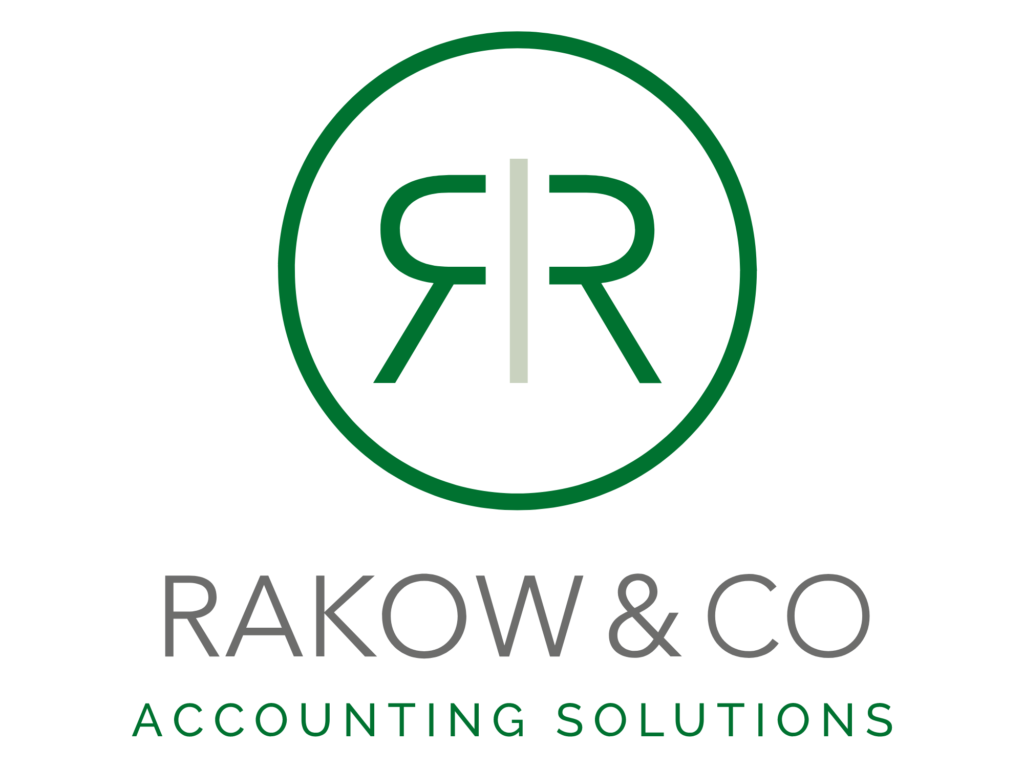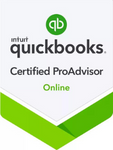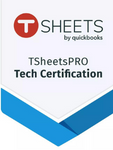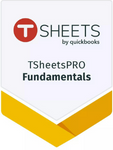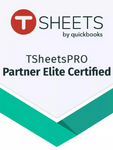Small Business Tax Deductions Checklist
Our checklist of 25 tax deductions that small businesses & self employed persons should know about in 2023
According to the IRS a business expense is tax deductible if it is “Ordinary” and “Necessary”. Ordinary implies that the expense is something that is a regular seen and accepted expense for your industry. Necessary implies just that – that the expense was needed for your business to operate.
Whether you’re looking for a self employed tax deduction cheat sheet or to run a growing business, this small business tax deductions checklist will make sure that you aren’t missing out on any deductions this tax season. Please be aware that tax is complicated and many of the items listed below may come with disclaimers. Feel free to contact us should you have any queries.
Get The Basics Right & Save Big
Before we get into the list, here’s a few evergreen business tax tips to help you save more throughout the year.
- Keep business and personal expenses separate. That will make record keeping a lot easier and ensure that you know which items are tax deductible.
- Use a system such as QBO (Quickbooks Online) to keep track of your business’s finances.
- Keep your bookkeeping system updated and check that items are being accurately recorded and accounted for. Do this regularly. It’s hard to recall the nature of an expense six months later.
- Speak to your bookkeeper to make sure they understand your business. You should work with someone that can advise you on the best way to structure your business and how to handle transactions, such as money that you invest in the business.
- Make sure you’re capturing all your deductions throughout the year and keeping good records of them, such as vehicle, travel, business use of your home, etc.
- Make sure that your business is structured in the most advantageous way. Each business structure has its own tax implications. As your business grows the most tax efficient structure may be something other than what you currently have.
- Speak to a financial advisor about retirement plans that you can deduct now to put away money for later.
- Realize that anytime you buy a big ticket item, sell something big, add on a new branch or any significant financial event takes place, you may trigger a tax event. It’s always worth having and speaking to an expert to find out the best way to go about it. Many times you can’t go back and change things. This includes a big difference in income from one year to the next, moving states, taking on employees, buying a truck, selling a piece of equipment, redoing an office, etc.

List Of 25 Business Tax Deductions
Here’s our list of 25 small business tax deductions. You can download a free summarized cheat sheet version of this list here. Self employed individuals (sole proprietors) can enjoy many of the same tax deductions as a small business. Take a look below.
1. Cost of Goods Sold (COGS)
Any products that are manufactured or purchased with the intent of being sold can be deducted from your gross profit. This is often one of the highest value tax deductions for a small business.
2. Office Supplies
As with the (COGS) above, any office supplies you purchase that are needed to run your business can be deducted. These would include things like paper, pens, printer cartridges and shipping costs. It doesn’t include things like coffee and milk unfortunately.
3. Home Office Expenses
If you are working from home like a lot of people these days, there are certain expenses you can deduct such as mortgage interest, insurance, utilities, internet, repairs, depreciation and rent.
In order to qualify for the deductions though it must be your principal place of business or a place where you meet and deal with your customers as a usual part of your business. You can’t claim home office deductions if you’re an employee. Note, you can only claim the portion of the expense that is used to run your business. Read more about the IRS guidelines here.
4. Rent
If you are not running your business from home, then the monthly rent you pay for your business is tax deductible.
5. Insurance
The premiums you pay to insure your business and business assets are also tax deductible. These are all necessary expenses in running your business.
6. Vehicles
If you own a business vehicle, the purchase of the vehicle is not tax deductible, but the maintenance and the depreciation of the vehicle is. You can also claim the licensing fees and vehicle registration costs.
7. Travel
You can deduct mileage according to the standard mileage rate of 65.5 cents per mile. If you use your personal vehicle for business travel you need to split the mileage and maintenance accordingly and keep accurate records in case you need to prove your calculations
8. Interest
Interest is an often overlooked deductible, which is why we included it in our small business tax deductions checklist. If you have borrowed money to run your business, the interest payments are tax deductible.
9. Salaries
If you have employees then any salaries, wages or even bonuses are deductible. You can deduct employee taxes as well, but this starts to get a little more complicated. Contact us if you need more information.
10. Health Insurance
You can deduct any expenses incurred relating to health insurance for your employees or dependants. This tax deduction is also available if you are self employed.
11. Safety Equipment
As a small business owner, or self employed person, you can deduct the cost of safety equipment and protective gear.
12. Education
Whether it be training sessions or bootcamps, you can deduct any education expenses associated with up-skilling yourself or your employees.
13. Retirement Plan Contributions
Retirement plans are not only useful for the future. There are many retirement savings plans out there that are beneficial from a tax perspective. As a small business owner or self employed person you can deduct contributions made to your retirement fund.
14. Meals
Any business or employee meals can be deducted, but only at 50% of the amount spent (including tax and tips). This percentage increases to 80% when the employee is away from their tax home. The full amount (100%) is deductible when it is an employee activity, like an end of year function.
15. Marketing
Advertising, marketing and promotions are all tax deductible expenses for a small business. This can also include the cost of attending trade shows and conferences.
16. Tax Expenses
You can deduct the taxes that you pay in the financial year you pay them, but again this is a bit more complex so we recommend speaking to us for more information.
17. Repairs And Maintenance
Item number 17 in our small business tax deductions checklist is a slightly complex deductible. Any improvements to an asset (e.g. renovating your office) are not deductible, but any repairs (e.g. fixing a broken door) are deductible. Make sure you understand the difference between improvements and repairs before claiming any tax deductions.
18. Depreciation And Amortization
Another deductible that is best left to professionals to calculate, but essentially you can deduct the devaluation of an asset over time. For example a laptop that you bought two years ago will not have the same value if you sold it today. The loss in value is called depreciation and is an expense that is tax deductible. It is often applied to vehicles, machinery and equipment.
19. Bad Debts
If you sold goods or performed a service without first receiving payment and are now unable to receive payment, you can write off the amount owing as a bad debt. Bad debts are tax deductible.
20. Legal And Professional Fees
Any fees spent on professionals like accounting services or legal services are also tax deductible. Another great reason to set up a discovery call with us.
21. Membership Fees
You can claim the cost of membership fees to professional associations or subscriptions.
22. Charities
If you are donating some of your hard earned profits to a charitable organization, those donations will also give you some tax relief.
23. Business Start Up Costs
Starting a small business is costly enough. Take advantage of the tax deductions available to you by claiming the costs incurred in registering and starting your new business.
24. Fines And Penalties
Although you don’t want to be on the receiving end of any fines, as long as they’re not criminal in nature and are related to your business operations, they are tax deductible.
25. 50% Self Employment Tax
Individuals can deduct 50% of the total self employment tax they pay on their individual tax returns. Make sure you’re deducting yours!
FREE DOWNLOAD
Small business / Self - Employed Tax Deduction Cheat Sheet
If you have questions about tax deductions for a small business please contact us. We’ll be happy to help you save as much tax as possible.
In the meantime, download our free printable, 1 Page tax deduction cheat sheet to help you maximize tax savings this year!
More Articles For You

Making The Most Of Tax Savings Through Proper Bookkeeping In NJ
Running a business in New Jersey (NJ) presents a unique blend of opportunities and challenges. NJ’s strategic position, broad economy, and lively market attract business

The Importance Of Accurate Bookkeeping For Ecommerce
Running an ecommerce business can be incredibly rewarding, but it also comes with its own set of unique challenges. With hundreds or even thousands of

Outsourcing Accounting Services For Ecommerce Business Optimization
Are you an ecommerce entrepreneur looking to streamline your operations and drive growth? One area that often gets overlooked but can have a significant impact

15 Tips For An Effective DIY Bookkeeping Clean Up
Having a regular bookkeeping clean up session is essential for the maintenance of your accounting records. In this blog post, we’ll look at the importance

How Outsourced Bookkeeping Can Reduce Overheads And Boost Profitability
Tackling in-house bookkeeping can feel like a relentless task. The constant struggle to track every dollar in and out not only consumes time but often

10 Benefits Of Outsourced Bookkeeping Services
Running your own business can be one of the most rewarding experiences, however, it also has many challenges, particularly regarding cash flow and the management
